Biochemistry
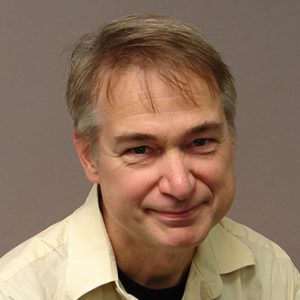
Sep. 2, 2019
Bruce A. McClure
Research in the McClure lab is focused on understanding how pollen pistil communication controls plant mating. We study S-RNase-based self-incompatibility in Nicotiana and interspecific pollen recognition and rejection between tomato and its wild relatives. The genus Nicotiana is useful because of its ease of experimental manipulation, and the inter- and intra-specific compatibility relationships are well known. For example, N. alatadisplays gametophytic self-incompatibility (SI). Self-pollen and pollen from closely related plants are rejected, thus maintaining hybrid vigor. N. alata also has specific mechanisms for recognizing and rejecting pollen from related species such as N. plumbaginifolia and N. tabacum. Likewise, tomato, Solanum lycopersicum (formerly Lycopersicon esculentum), also has well defined crossing relationships with its…
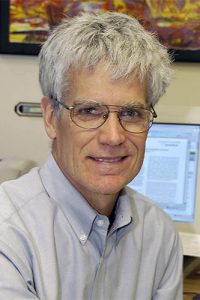
Feb. 20, 2019
Bill Folk
Educational background Ph.D. Biochemistry, Stanford University Courses taught School of Medicine Preclinical Courses Honors College Colloquia Undergraduate Research Courses…
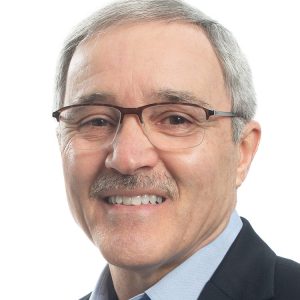
July 30, 2018
Thomas Coudron
Thomas Coudron is a research chemist in the USDA ARS, and lead scientist of a research program developing methods for propagation of beneficial insects used in biological control systems. Specific interest is how parasitoids regulate the development of their insect hosts and the nutritional ecology of insect parasitoids and predators, with an emphasis on developing artificial diets for entomophagous natural enemies. Currently he is studying the plasticity of insect digestive physiology by using nutrigenomics, immunocytohistology and enzymology to unravel the insect’s physiological and biochemical responses to changes in its nutrition. Educational background Ph.D., North Dakota State University B.S., St. John’s…
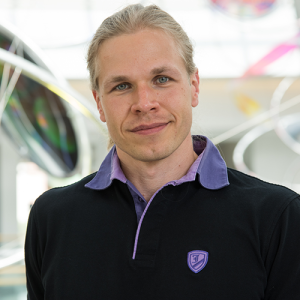
March 7, 2018
Michal Zigo
My field of research is reproductive biology with a specific focus on male fertility, sperm function, and fertilization. Besides reproductive medicine, this work profoundly affects policy making, informing major decisions concerning human reproductive health, contraception, and individuals’ reproductive rights. I have been advancing our understanding of how the ubiquitin-proteasome system (UPS), the universal protein recycling machinery, regulates the process of sperm capacitation necessary for sperm ability to fertilize eggs in humans and animals. I described the UPS-regulated, capacitation-induced re-modeling of the sperm proteome. I identified new UPS-regulated sperm proteins and developed a new protocol for selective, compartment-specific isolation of proteins…
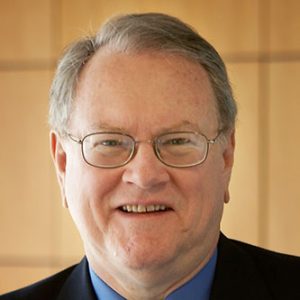
Jan. 10, 2018
Gary Stacey
Gary Stacey is Curators’ Distinguished Professor and Professor of Plant Science and Technology at the University of Missouri-Columbia. His research focuses generally on molecular aspects of plant-microbe interactions, including studies of the beneficial legume-rhizobium symbiosis and plant-fungal pathogen interactions. He has also been instrumental in the development of genomic resources for the study of soybean. He has mentored 51 postdoctoral fellows and 36 Ph.D. and 8 M.S. graduate students. Past postdocs have gone on to start independent careers in academia (e.g., Michigan State Univ., Washington State Univ.), industry, as well as winning the 2005 USA National Medal of Technology, which…
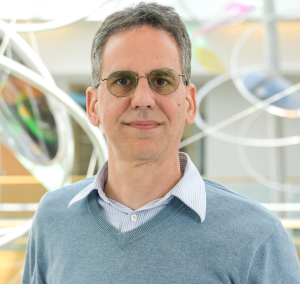
Jan. 9, 2018
Walter Gassmann
Gassmann received his Ph.D. from UC San Diego in 1996 researching plant membrane transporters in the lab of Dr. Julian Schroeder. As a post-doctoral researcher in the lab of Dr. Brian Staskawicz, UC Berkeley, he cloned and characterized RPS4, one of the founding members of the Toll/Interleukin-1 Receptor – Nucleotide Binding Site – Leucine-Rich Repeat (TNL) class of plant innate immune receptors, that recognizes the presence of the bacterial effector protein AvrRps4. His lab at MU, which he started as an assistant professor in the Department of Plant Microbiology & Pathology in 2000, cloned the second antibacterial receptor of the…

Dec. 15, 2017
Michael C. Stambaugh
Prior to becoming a scientist, Stambaugh worked as a forester for private industry and the federal government. Since 2010, his forestry research has received over $8 million in grant funding. He collaborates with the U.S. Forest Service, U.S. Fish & Wildlife Service, National Park Service, The Nature Conservancy, and multiple state natural resources organizations. He has been a National Geographic Explorer since 2010 and in 2023 was a Charles Bullard Fellow in Forest Research at Harvard Forest. Educational background Ph.D., University of Missouri Courses taught Forest Ecology Forest Health Advanced Forest Ecology…
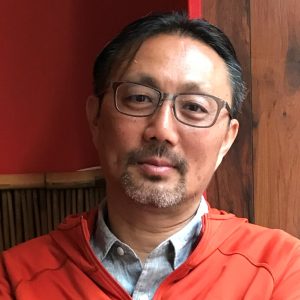
Nov. 3, 2017
Chung-Ho Lin
Lin is the lead scientist for the bioremediation, natural products and bioanalytical programs at the Center for Agroforestry at University of Missouri. His primary research involves the use of plants, microbes and engineered enzymes for bioremediation, ecological restoration, and development of bioeconomy. His bioremediation research focuses on bioremediation of organic pollutants and human pathogens. Since the COVID19 pandemic in 2020, Dr. Lin has successfully redirected the analytical resources and led his research team joining the task force ‘Coronavirus Sewershed Surveillance Project’ sponsored by the state and federal agencies to provide an early warning and capture the emergence of the…
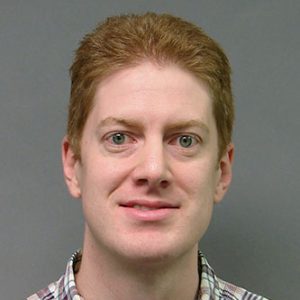
Aug. 24, 2017
Peter V. Cornish
Research in our laboratory is primarily focused on understanding the complexities of ribosome function using a variety of biophysical methods including NMR and single molecule techniques. One of our projects is in understanding translational regulation in particular the mechanism of recoding where the ribosome shifts reading frame due to the presence of specific structures within the mRNA. Recoding has been observed in all forms of life and has been shown to be essential for the viability of many viruses including HIV-1 and SARS coronavirus. We are also contributing to the ongoing effort of developing antiviral small molecules that specifically target…
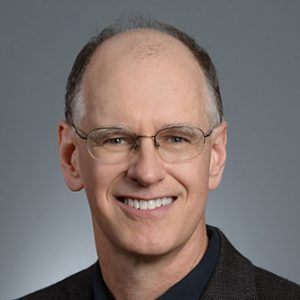
Aug. 24, 2017
Donald H. Burke
Educational background Ph.D., Molecular Biology/Biochemistry, University of California, Berkeley B.A., Chemistry and Biology, University of Kansas Research areas Ribozyme mechanism and evolution and the origin of life; antiviral nucleic acid aptamers and the molecular basis of drug resistant HIV-1. Research description Whether we are thinking about the Origin of Life, about the Molecular mechanisms of Viral Pathogenesis, or about RNA-based therapeutics, three kinds of questions underly our work: 1) What can nucleic acids do? 2) How do their sequences and structures relate to their ability to do it? and 3) Can we engineer new biologies by expressing artificial RNAs in…